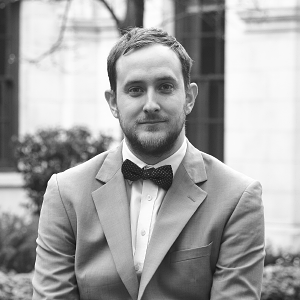Abstract
Experiments in both the lab and the field have gone some distance to proving that people are reciprocal agents, returning one good deed with another, even when it is disproportionately costly to do so. This finding is increasingly being applied to improve relationships between government and citizens, and to facilitate the smoother running of public services. We investigate the extent to which interventions intended to induce reciprocity work in the longer term, by asking participants to donate a comparatively large sum of money (£515 on average), to charity, after receiving a small gift (a packet of sweets). We find that people given a small packet of sweets by a volunteer are significantly more likely to donate to charity than those given a flier, and those not greeted by a volunteer. We find that our initial results replicate successfully on participants who were not treated in the initial experiment. Our
principal contribution, however is to show that these effects fall by more than half the second time a participant receives a gift, although it remains of net financial benefit for the charity.


